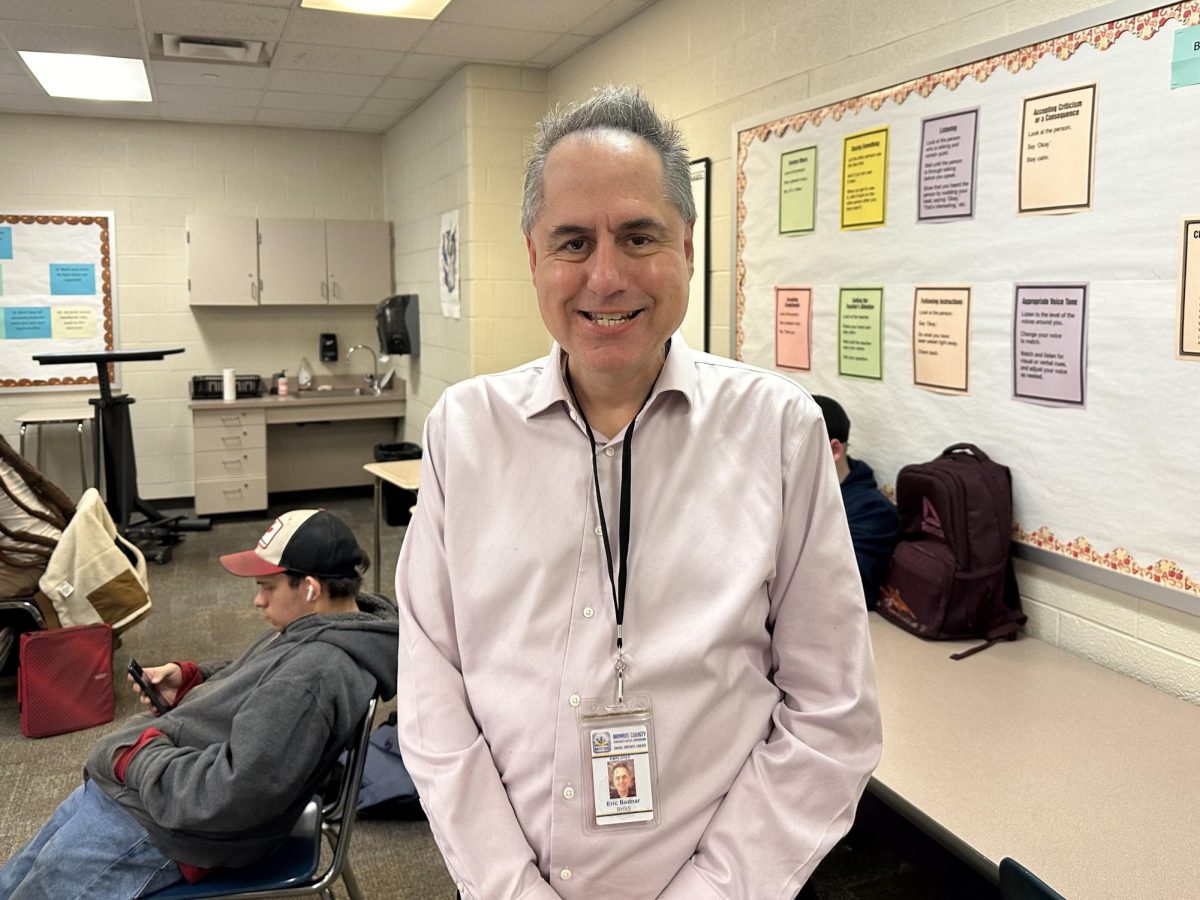From Stranger Things to Saturday Night Live, as well as Marvel’s Blade and Andor, hundreds of TV productions are being affected by the Writers Strike in Hollywood. The Writer’s Guild of America (WGA) is trying to draw a lot of attention to issues that have plagued the industry for years–but what are those issues?
Writer’s strikes have always happened with rapid changes, like in 1981, when writers went on strike due to the emergence of home video and the lack of compensation for this change. The second most recent writers strike was when streaming had just started to pick up, and its goal was to ensure that writers still generated money when their works were distributed over the internet.
Many shows have delayed production due to a lack of writers, most notably shows like Marvel’s Blade and Netflix’s Stranger Things, plus late-night talk shows like Stephen Colbert and Jimmy Fallon. Junior Avery Beck mentioned “depending on the sketches, I thought SNL had some good writing,” which is another show that’s been taken off the air due to a lack of writers–comedy shows like SNL are usually written close to the airing time.
Sophomore Jake Cocalis noted that “writers play a quintessential role in all creative outlets that need scripts, because without writers the shows just don’t work.” Although writers are an important part of every medium, many writers are barely living on their paychecks–the wages between a minimum wage worker and a Hollywood writer is surprisingly close. Beck also mentioned that “[the shows] are more fun to talk about it if it has good writing,” showing that good writing can really make or break a show. Cocalis said that “the value of their labor is definitely one that is worth getting paid for.”
The current strike is based on two main problems: one problem obvious to outsiders, but the other problem has been getting worse over the past few years. The first is the popularity of AI writing tools, and specifically the fact that AI’s might be involved in writing sooner rather than later. The other is the fact that producers have slowly been getting excuses to hire fewer and fewer writers. While that’s bad enough for shows on its own, it gets worse still when you find that it’s becoming nearly impossible for younger writers to get the job experience they need to become better writers.
When interviewing students about the writer’s strike, many South students said the same thing: “what’s the writer’s strike?” The sentiment was echoed by Cocalis: “I think the […] average person does not care about the rights of writers compared to ‘when am I going to see the next Stranger Things season?’” Unless you actively read articles about the strike, nobody really knows the reasons why the writers are striking, and might even be upset about new content being put on hold. Beck also noted that “[the strike] is mostly directed towards corporations, so as an average viewer, it’s hard to support them.”
Nobody knows how long the writers strike is going to last; as of right now, it’s been going on for a little over two weeks. But the last writers strike lasted 100 days–it’s hard to predict the exact impact a three month absence of writers will have, but you can be certain that it will cause many problems for studios and producers.


